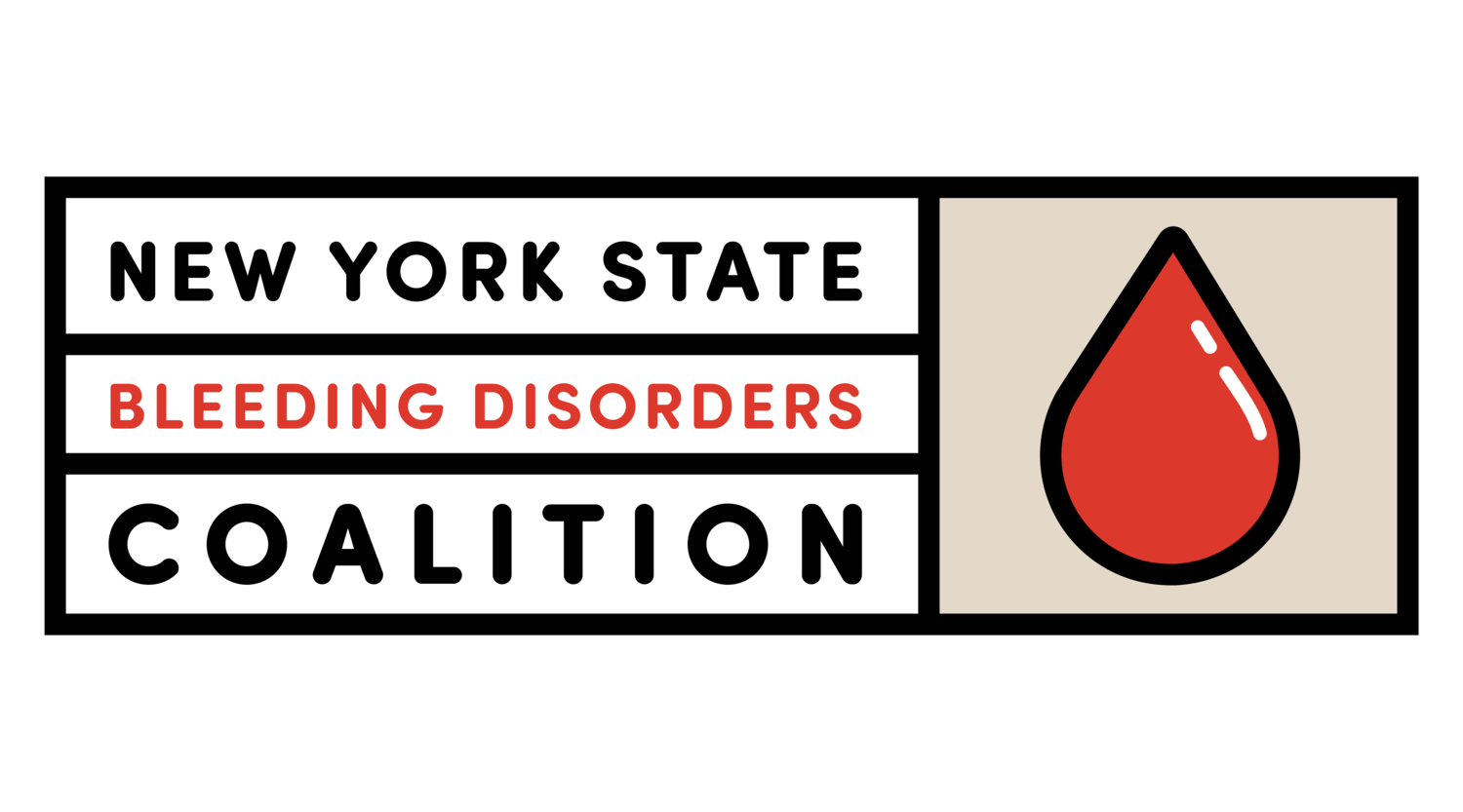Advocacy Basics
Advocating is how we make our voice heard. Legislators and government officials want to know what we need and how laws might affect us and others. This is especially true for people with serious medical conditions like bleeding disorders. When we advocate we can make life better for us, our families, our friends, and our community.
WHAT IS ADVOCACY?
To advocate means to speak up for something you or others need. If you’ve asked a boss at work to adjust your work schedule so you can go to doctor appointments then you’ve advocated. If you’ve asked a school to provide a child with help so the child can do better in class then you’ve advocated. If you’ve communicated with legislative offices in support of a law protecting people with pre-existing conditions then you’ve advocated.
Ways to advocate
There are many ways to speak up. Think of these different ways as tools you can use to fix or build something for you, your family, and friends. Some tools can do more things than others, so – in order of effectiveness– the main advocacy tools are:
Meeting with an Albany or local district legislative office on your own or with others
Writing to a legislative office
Calling or emailing to legislative offices
Talking to the press about an issue
Posting on social media and tagging legislative offices
Working to get other people involved with you on an issue
Writing a letter to a newspaper/t.v./radio/online news outlet
Signing a petition or group letter to legislative offices
Sharing the messages of others with offices, on social media, or the press
When you spend your own time advocating it tells legislators, teachers, bosses, and friends the issue is important to you and they should pay attention. This is true whether you advocate on your own or as part of a group.
Make your voice heard
You may not have a lot of time to advocate. Some basic tips to help you make the most of any opportunity you get to advocate are A.B.C. and the 3 Golden Rules.
the ABCs
ASK - Start with the specific thing you want someone to know or do. Example: “I’m raising awareness of issue I.” or “I’m asking your office to support bill X.395.” When you advocate, the people you’re communicating with know you want something so be up front with them. It also helps legislative offices understand the purpose of a conversation/message.
BECAUSE - This is the logical reasoning for what you’re asking and is especially important if you want a legislator, boss, teacher, etc. to do something. Example: “Bill X395 will help people with serious medical conditions afford their treatment because it will limit how much the prices of medication can increase in a year.” The people you’re advocating to may not fully understand the issue or what you’re asking for. They may have to explain what you want to others. It also helps to offer specific data or other information that backs up your reasoning. Make sure the information is from credible sources and don’t take a lot of time to go over it though; offer handouts or attach it at the end.
CONNECT - Put a human face on the issue by giving an example of how it affects real people. Share your personal story or the story of a family member, friend, or neighbor. Laws can change lives; personal stories put a human face on issues to remind everyone how important it is to pay attention to the issue and do something to help.
THE GOLDEN RULES
To increase your chances of success when advocating, remember these 3 golden rules: be Polite, be Prepared, and be Persistent.
POLITE - People remember how you treat them, so treat others the way you want to be treated. Don’t take up more of their time than you have to. Be honest about what you know. Keep your word. Say please and thank you even when you’re frustrated. The reputation you create for yourself will help - or hurt - your cause.
PREPARED - Gather as much information about an issue as you can, whether you learn the information yourself or know who to ask for more. Identify who to contact on an issue and the ABC before reaching out. You may only get one chance to explain your case so be prepared to make more of an impact.
PERSISTENT - You may have to put in a lot of work on an issue and it may feel like an uphill climb the entire time. Show others you won’t give up and the respect you can earn on all sides will help you - often in ways you might not expect.
Of course there may be more to remember when you advocate on certain issues. Following these 3 rules is always a good place to start.



